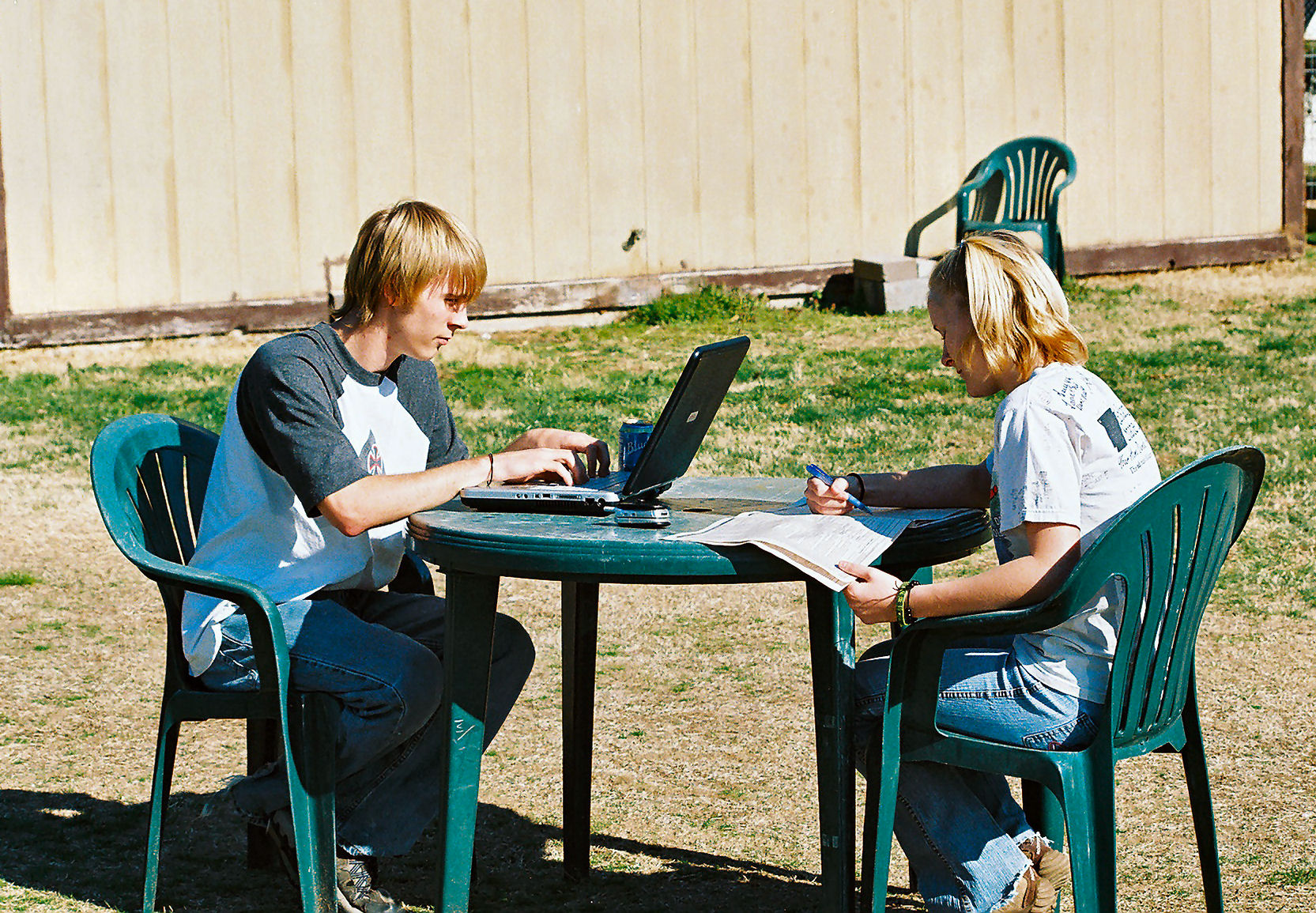Academic Integrity: Florida Virtual School's Systematic and Scalable Solutions
Published by: WCET | 8/21/2013
Tags: Academic Integrity, Assessment, K-12
Published by: WCET | 8/21/2013
Tags: Academic Integrity, Assessment, K-12
Welcome to our guest blogger Angela Anastacio who is Academic Integrity Manager at Florida Virtual School. While she is focused on academic cheating and plagiarism in the K-12 realm, I find that she has some lessons for us in higher education. FLVS has to handle integrity issues at scale and they do so with clear expectations, frequent student/teacher discussion-based assessments, and many other efforts that keep them ahead (or not far behind) their students. Thank you Angela!! See additional academic integrity and student authentication resources from WCET.
Russ Poulin
For five years, I have been a part of the Academic Integrity (AI) Department of Florida Virtual School ® (FLVS®). I began as an investigator, researching student violations, and eventually moved into the role of manager. While a primary goal of the AI team is to identify and intervene when incidents occur, we also strive to prevent violations from happening. To do this requires a joint effort between all departments, including Professional Learning, Curriculum, Community Relations, and Technology.
Advances in technology have allowed us the wonderful capability of creating learning opportunities virtually. There are those, however, who will take advantage of technology in an effort to gain credit for work they did not do including plagiarism, students sharing work, and student brokering via social networking and sales sites. At FLVS, we work together to support our faculty and students in achieving quality education with the highest levels of integrity.

We Believe Academic Integrity Begins with Professional Development
Ensuring appropriate learning is taking place begins with Professional Development. During the new hire process, all receive training on the appropriate prevention, identification, and handling of integrity violations. Training continues through monthly sessions.
One of these sessions is dedicated to our student/teacher discussion-based assessments (DBAs). The highly regarded DBA provides opportunities for engaged interaction and assessment between the instructor and student. The instructors take this time to speak with the students to assess their understanding of the content and to verify identity through the use of profile questions. The frequent DBAs are a requirement, occur with each module, and are graded. Failure to show DBA comprehension comparable to the work submitted is a red-flag that integrity concerns are apparent. The FLVS Curriculum Department has been instrumental in ensuring higher level DBA questioning. We also work with Curriculum to identify assignments which have frequent integrity concerns, so that they may enhance content and discourage future incidents.
A monthly training session is also dedicated to the web-based identification detector system used by FLVS, Turn-It-In. Every assignment that can be processed through Turn-It-In has been integrated with our learning management system (LMS). So, when a student submits work to the LMS, it is automatically routed through Turn-it-In before an instructor receives it. The student’s work is compared to a multitude of Internet sites as well as every other assessment already processed through Turn-It-In. If there is a concern, we are able to identify the source whether it’s a website or another student. Approximately 400,000 to 450,000 assignments are processed monthly through Turn-It-In, giving us assurance that student work is original.
We Established Non-Negotiable Expectations for Students, Parents, and Teachers
Many colleges and other education entities have clearly established expectations when it comes to academic integrity. The policies are provided by the school itself as well as by each instructor. The FLVS policy document is called our Non-negotiable and contains the expectations for students, parents (since we are a Kindergarten-12 organization), and teachers. The Non-negotiable provides a matrix for consequences and steps to prevent additional incidents. The matrix helps ensure we are consistent in the consequences issued for the nature of the offense. If a student has prior offenses, or an extensive violation, then the consequences and interventions increase.
Our Academic Integrity page and Non-negotiable document are openly available. We want the expectations for our students to be clear before any type of infraction is attempted. Our site also includes a Virtual Library where students can see examples and non-examples of how to cite work properly, providing another valuable resource in the prevention of integrity violations.
We Monitor Social Media and Illicit Websites
Back to advancements in technology – as it is for many educational organizations, keeping our content protected by keeping it off of various websites is challenging. We use to “report abuse” or email the sites directly, but most websites have become savvier. For the past few years, we have had success utilizing the Digital Millennium Copyright Act (DMCA) in an effort to have our content removed. Educause has great information and resources on the DMCA.
Advances in technology with social media has created the need for us to monitor comments to identify student brokering concerns. We work with our Community Relations Department to check sites, such as Twitter and Tumbler, for comments referencing paying others to complete their work. As of July 1, 2012, this is a second-degree misdemeanor in the state of Florida.
When a Student is Identified, We Require Proctored Exams
Students identified, if allowed to continue with their course, are required to take proctored exams. Our Community Relations Department is quick to comment back, reminding them of our Integrity Policies and including a link to our integrity page. Ultimately though, we know that our discussion-based assessments will help our instructors identify those who have had others do their work for them.
We not only proctor exams for students who may have used brokers, we also proctor exams for other integrity violations and we randomly require proctored exams – a huge incentive to encourage students to legitimately learn the material.
We Need to Continue to Share Best Practices
I am truly proud to be working for an organization, where we work together to prevent, identify, and handle integrity concerns. In an effort to continue the quest of protecting education through on-line learning, it is important that we work together to educate one another about the rising concerns and the best practices to address them.
Angela Anastacio
Academic Integrity Manager
Florida Virtual School
aanastacio@flvs.net
Photo credit: Morgue File.
4 replies on “Academic Integrity: Florida Virtual School’s Systematic and Scalable Solutions”
[…] Virtual School. Her blog post on Systematic & Scalable Solutions for academic integrity was recently featured on the blog of WCET (WICHE Cooperative for Educational Technologies), led by the Western Insterstate Commission for […]
[…] Virtual School. Her blog post on Systematic & Scalable Solutions for academic integrity was recently featured on the blog of WCET (WICHE Cooperative for Educational Technologies), led by the Western Insterstate Commission for […]
Thanks for sharing the blog related to virtual school. I strongly feel that it would help a lot of person who wants to take this advantage.
Thanks for sharing the blog related to virtual school. I strongly feel that it would help a lot of person who wants to take this advantage.